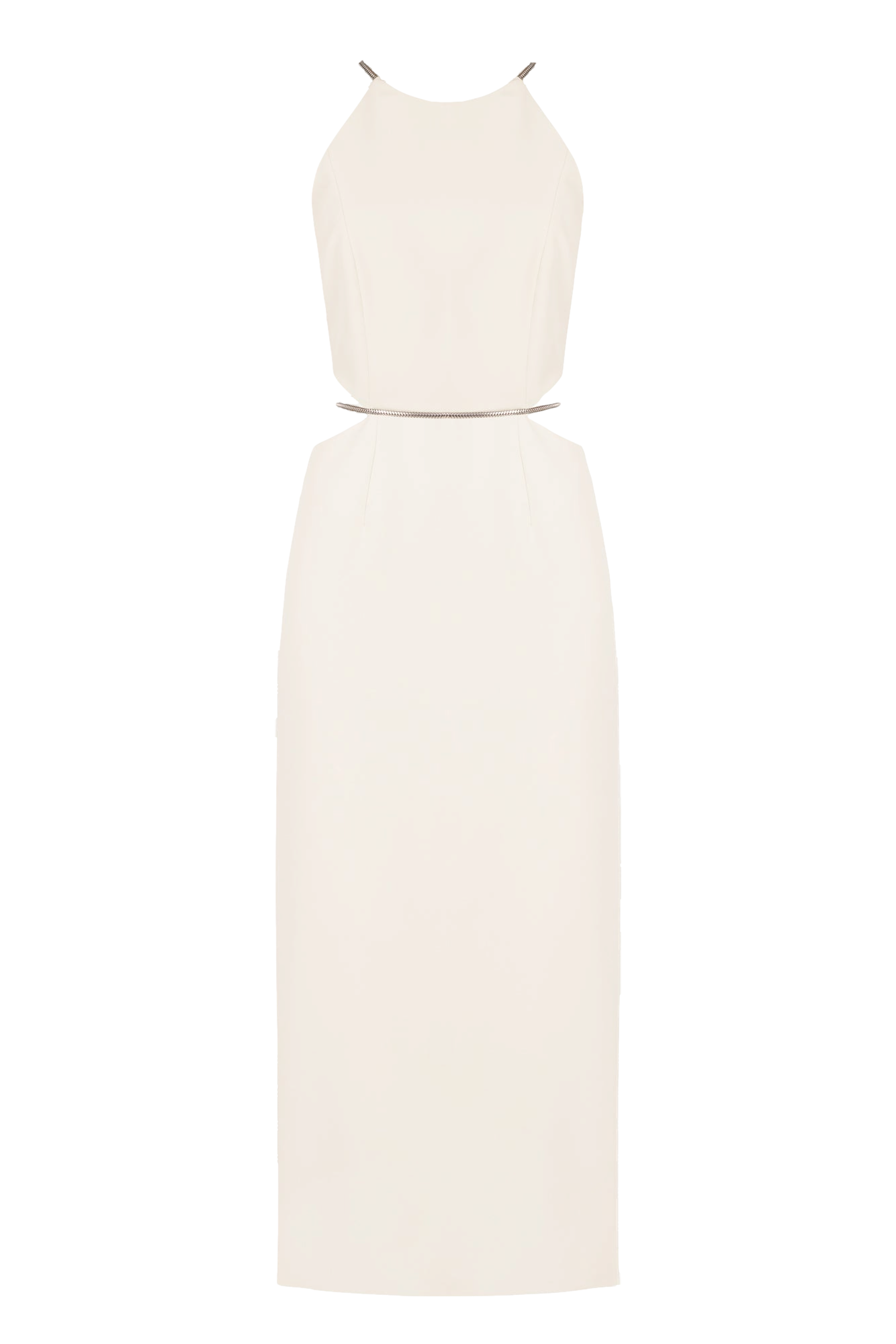Undress: A Deep Dive Into The Concept, Its Meanings, And Cultural Significance
Let’s talk about undress, folks. It’s a word that might seem simple at first glance, but when you really dive into it, you realize it’s packed with layers—literally and figuratively. Whether we’re talking about removing clothing, the idea of vulnerability, or even its historical context, undress is more than just taking off a jacket. It’s a concept that touches on personal freedom, cultural norms, and even societal expectations.
Imagine this: you’re sitting in a room, and someone says, “undress.” What’s the first thing that comes to your mind? Is it about feeling comfortable in your own skin? Or is it about stepping into a space where you’re free from judgment? The truth is, undress isn’t just an action—it’s a state of mind. And in today’s world, where we’re constantly bombarded with ideas of what we should wear, how we should look, and who we should be, understanding undress can be a game-changer.
Now, before we dive headfirst into all the juicy details, let’s get one thing straight. This isn’t just a casual chat about clothes. We’re talking about the deeper meanings, the psychological impact, and the cultural significance of undress. So, grab a cup of coffee, sit back, and let’s explore this fascinating topic together.
Read also:Hikaru Nahi The Queen Of Chess And Streaming
What Does Undress Really Mean?
At its core, undress is all about removing clothing. But if we stop there, we’d be missing out on the bigger picture. The word has evolved over time, taking on new meanings and interpretations. In some contexts, it’s about physical action—taking off layers of clothing. In others, it’s about emotional or mental states—shedding the weight of stress, anxiety, or societal pressures.
Historical Perspective of Undress
Back in the day, undress wasn’t just about getting naked. It was a social cue. In Victorian times, for example, undress was a term used to describe informal attire. It was the opposite of full dress, which meant you were dressed to impress. But as time went on, the meaning shifted. Today, undress is more about personal freedom and self-expression. It’s about saying, “I’m done pretending. This is who I am.”
Why Is Undress Important in Modern Society?
In today’s world, undress has become a symbol of empowerment. It’s about breaking free from the chains of societal expectations and embracing your true self. Whether it’s about stripping away toxic relationships, letting go of negative thoughts, or simply feeling comfortable in your own skin, undress is a powerful concept.
Take a moment to think about it. How often do we feel like we have to put on a mask, wear a suit of armor, or pretend to be someone we’re not? Undress is about removing those layers and being authentic. It’s about saying, “This is me, flaws and all.” And in a world that’s obsessed with perfection, that’s a pretty big deal.
Psychological Impact of Undress
From a psychological standpoint, undress can have a profound impact on our well-being. It’s about letting go of the baggage we carry—whether it’s emotional, mental, or even physical. Studies have shown that when people feel comfortable in their own skin, they’re more likely to experience happiness, confidence, and overall life satisfaction.
- Undress can reduce stress levels by promoting relaxation.
- It encourages self-acceptance and body positivity.
- It fosters a sense of freedom and liberation.
The Cultural Significance of Undress
Culture plays a huge role in how we perceive undress. In some societies, it’s seen as a form of liberation and self-expression. In others, it’s viewed as taboo or even offensive. But no matter where you are in the world, undress has the power to challenge norms and spark conversations.
Read also:Desi Junction 18 Unveiling The Mystery And Impact Behind This Cultural Phenomenon
Undress in Fashion
Fashion has always been a reflection of societal values, and undress is no exception. Designers like Jean Paul Gaultier and Versace have used the concept of undress to push boundaries and challenge conventions. By incorporating elements of nudity and transparency into their designs, they’ve created pieces that make people think twice about what it means to be truly naked.
Undress and Body Positivity
Body positivity has become a major movement in recent years, and undress is at the heart of it. It’s about celebrating all shapes, sizes, and colors. It’s about embracing imperfections and loving yourself for who you are. And let’s be real, folks—there’s nothing more empowering than standing in front of the mirror and saying, “I’m awesome just the way I am.”
How Undress Promotes Self-Acceptance
When we talk about undress, we’re not just talking about taking off clothes. We’re talking about stripping away the layers of self-doubt and insecurity that hold us back. It’s about looking in the mirror and seeing the beauty in every curve, scar, and stretch mark. It’s about saying, “I’m enough.” And in a world that’s constantly telling us we need to change, that’s a pretty powerful message.
Undress in Relationships
Relationships are all about trust, vulnerability, and connection. And undress plays a big role in that. Whether it’s about physical intimacy or emotional openness, undress is about letting your guard down and being honest with your partner. It’s about creating a space where both people feel safe and accepted.
Building Trust Through Undress
Trust is the foundation of any successful relationship, and undress can help build that trust. When you’re willing to be vulnerable with someone, you’re showing them that you trust them enough to let them see the real you. And that’s a powerful thing. It’s about saying, “I trust you with my heart, my mind, and even my flaws.”
Undress and Mental Health
Mental health is just as important as physical health, and undress can play a big role in promoting mental well-being. It’s about taking off the mask and being honest about how you’re feeling. It’s about seeking help when you need it and not being afraid to ask for support.
How Undress Encourages Open Conversations
When we talk about undress, we’re talking about more than just clothes. We’re talking about opening up and having honest conversations about our mental health. It’s about saying, “I’m struggling, and that’s okay.” It’s about creating a space where people feel comfortable sharing their thoughts and feelings without fear of judgment.
Undress in Art and Media
Art and media have a way of shaping how we perceive the world, and undress is no exception. From paintings to movies, the concept of undress has been used to explore themes of vulnerability, intimacy, and freedom. It’s about challenging norms and pushing boundaries in ways that make us think.
Undress in Film
Take a look at films like "The Dreamers" or "Blue is the Warmest Color." These movies use the concept of undress to explore complex themes of love, identity, and self-discovery. They challenge viewers to think about what it means to be truly naked—not just physically, but emotionally and mentally as well.
Undress and Personal Growth
Personal growth is all about evolving, learning, and becoming the best version of yourself. And undress can be a powerful tool in that journey. It’s about shedding the old layers of who you used to be and embracing the new layers of who you’re becoming.
Embracing Change Through Undress
Change can be scary, but undress reminds us that it’s also exciting. It’s about stepping into the unknown and being open to new experiences. It’s about saying, “I’m ready to grow, to learn, and to become the person I’m meant to be.” And in a world that’s constantly changing, that’s a pretty powerful mindset to have.
Conclusion: Embrace the Power of Undress
So there you have it, folks. Undress isn’t just about taking off clothes. It’s about embracing vulnerability, celebrating authenticity, and challenging societal norms. It’s about saying, “I’m enough, just as I am.” And in a world that’s often focused on perfection, that’s a pretty big deal.
Now, I want to leave you with a challenge. The next time you find yourself feeling insecure or unsure, take a moment to undress—not just physically, but emotionally and mentally as well. Strip away the layers of doubt and fear, and remind yourself of who you truly are. Because at the end of the day, the most powerful thing you can do is be yourself.
And don’t forget to share your thoughts in the comments below. What does undress mean to you? How has it impacted your life? Let’s keep the conversation going and help each other grow. Because when we undress together, we create a world that’s more authentic, more accepting, and more beautiful.
Table of Contents
- What Does Undress Really Mean?
- Why Is Undress Important in Modern Society?
- The Cultural Significance of Undress
- Undress and Body Positivity
- Undress in Relationships
- Undress and Mental Health
- Undress in Art and Media
- Undress and Personal Growth
- Historical Perspective of Undress
- Psychological Impact of Undress
Article Recommendations


